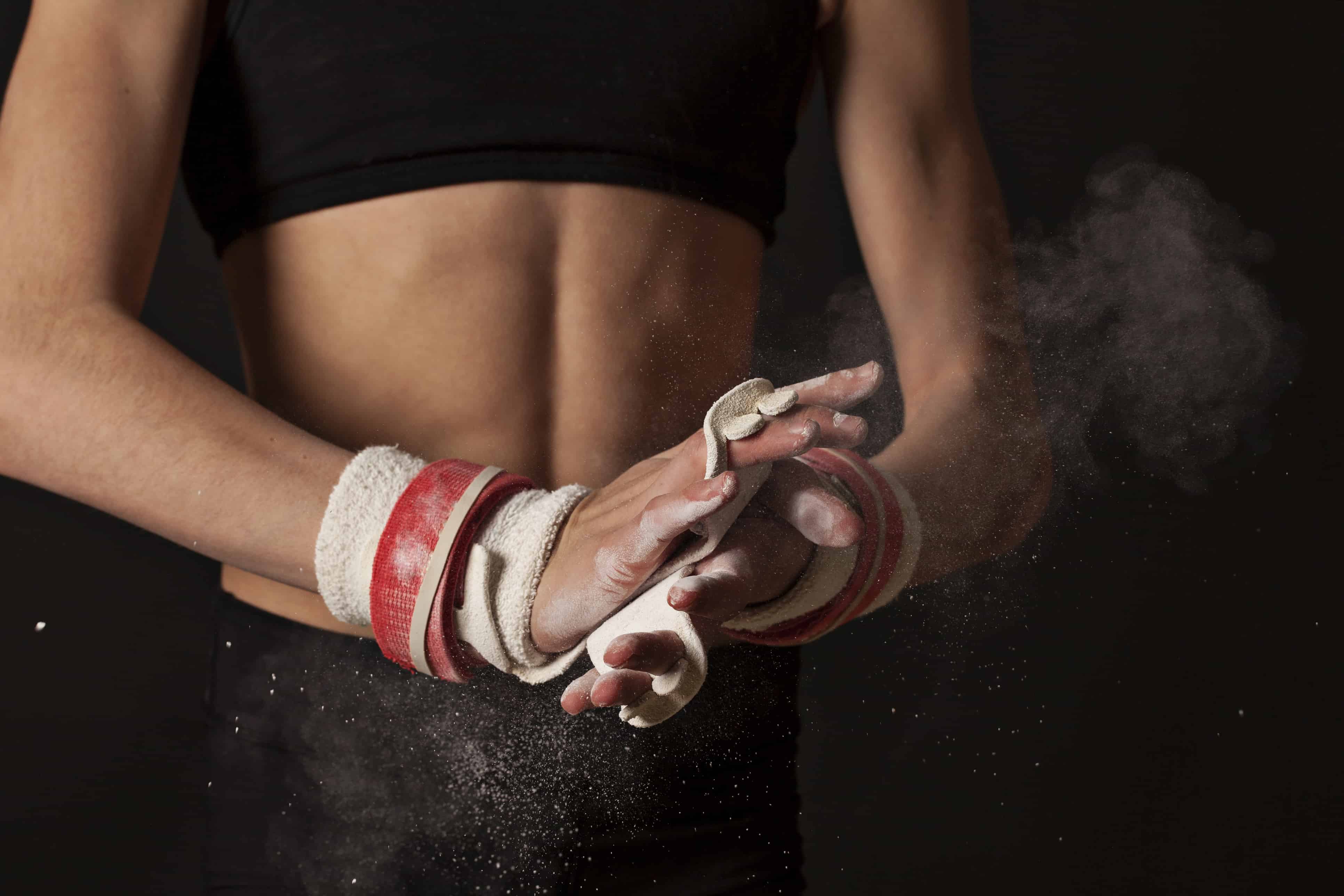The lawyer representing a group of 40 past and present Australian gymnasts has warned "a spectrum" of abuse allegations will emerge from an independent review into gymnastics to be conducted by the Human Rights Commission (HRC).

The lawyer representing a group of 40 past and present Australian gymnasts has warned “a spectrum” of abuse allegations will emerge from an independent review into gymnastics to be conducted by the Human Rights Commission (HRC).
Gymnastics Australia engaged the HRC last month after the airing of Athlete A, an American documentary on widespread sexual abuse in the sport, saw dozens of Australian gymnasts take to social media with their own allegations of abuse.
Lawyer Adair Donaldson has told The Ticket the gymnasts he is representing want one thing — systemic change to the sport so those who come next are not left with the same psychological burden as those who came before.
“There has been a dreadful culture that has existed in Gymnastics Australia,” he said.
“What these incredible women are hoping to achieve is to bring about changes so that the future athletes are going to be safe and that they’re going to be in a position where they don’t have to experience the same trauma that the previous athletes have.”
The Australian athletes’ allegations that have appeared publicly are centred on physical, mental and emotional abuse, unlike the dominance of sexual abuse in the US.
“But that’s not to say that there aren’t going to be disclosures in relation to sexual harassment, sexual assault and physical assaults,” Mr Donaldson said.
“I think what you’re going to see quite commonly is a spectrum of complaints which is going to come out as a result of the toxic culture of ‘results at any cost’ with almost no regard for the safety of these children.
“Some of the things I’ve looked at, I don’t describe it as abuse, I describe it as child cruelty.”
He cites examples of “extreme and punishing training requirements” as well as “being banned from crying with the threat of losing scholarships” and “children fearing puberty because of the expectation of coaches”.
“You would think that as grown adults, when these athletes look back on their time and what they achieved as a child, that they’d have great pride,” he said.
“But what we’re finding is they’re looking back and thinking, ‘Gee, how did I survive that?'”
Gymnastics inquiries have also been established in countries such as the UK, Belgium and the Netherlands.
abuse more than a ‘culture’ problem.
In 2019, the International Gymnastics Federation became so concerned about abuse allegations it allocated a 2 million Swiss franc ($3 million) endowment to establish the independent Gymnastics Ethics Foundation.
Based in Switzerland, its director Alex McLin says the organisation is not yet widely known but has already handled 50 cases.
“What that’s allowed us to determine is the issue of ‘harsh coaching’ is a cultural issue within the sport and it really is present on all five continents,” he said.
“There is a systemic issue that needs to be addressed within the sport regardless of ‘where’.”
Trish Leahy, a former Australian Institute of Sport psychologist and now head of the Hong Kong Sports Institute, says abuse should not be seen as a ‘cultural’ problem.
“I think culture is the wrong word because it implies a legitimacy,” she said.
“It implies that some ‘norms’ may be acceptable because the ‘culture’ [of elite sport] is so different and I think that’s not the case when we’re talking about child abuse.
“When we’re talking about safeguarding the protection of athletes, or the lack thereof, we’re effectively talking about a failure of governance, a systemic failure of leadership, and we need to start pinpointing where the problems lie.”
Ms Leahy also suggested other forms of abuse should not be seen in a lesser light to sexual abuse.
“No not at all, any form of abuse is basically psychological at heart — whether it’s physical abuse, or sexual abuse, or abuse of the emotions, these are all harms to the psyche,” she said.
“In terms of physical or sexual abuse, the body will recover, but it’s the psyche that doesn’t recover.”
According to Ms Leahy, perpetrator methodology is centred around the “severe emotional manipulation” that silences and isolates the victim.
While gymnasts may have felt isolated in the past, they have found strength in numbers now by coming together as one group under the legal advice of Mr Donaldson.
He says while nothing can change the experiences of the Australian gymnasts, the appointment of the Human Rights Commission gives him confidence.
“They’ve had significant results with the review that they did in relation to the Australian Defence Force, they’ve had significant results with the work that they did with Universities Australia and I do believe that they are the best-placed organisation to be conducting this independent review,” Mr Donaldson said.
“As someone that deals with survivors of trauma, there is no such thing as an instant fix.
“They are always going to be living with those memories.
“But one of the things that is driving these people is that if they are going to re-live the trauma they experienced as children they know that they are going to be making a difference for others.
“That willingness to again retraumatise themselves for the benefit of the future athletes, that’s what’s given them hope.”
Gymnastics Australia chief executive Kitty Chiller declined an interview.